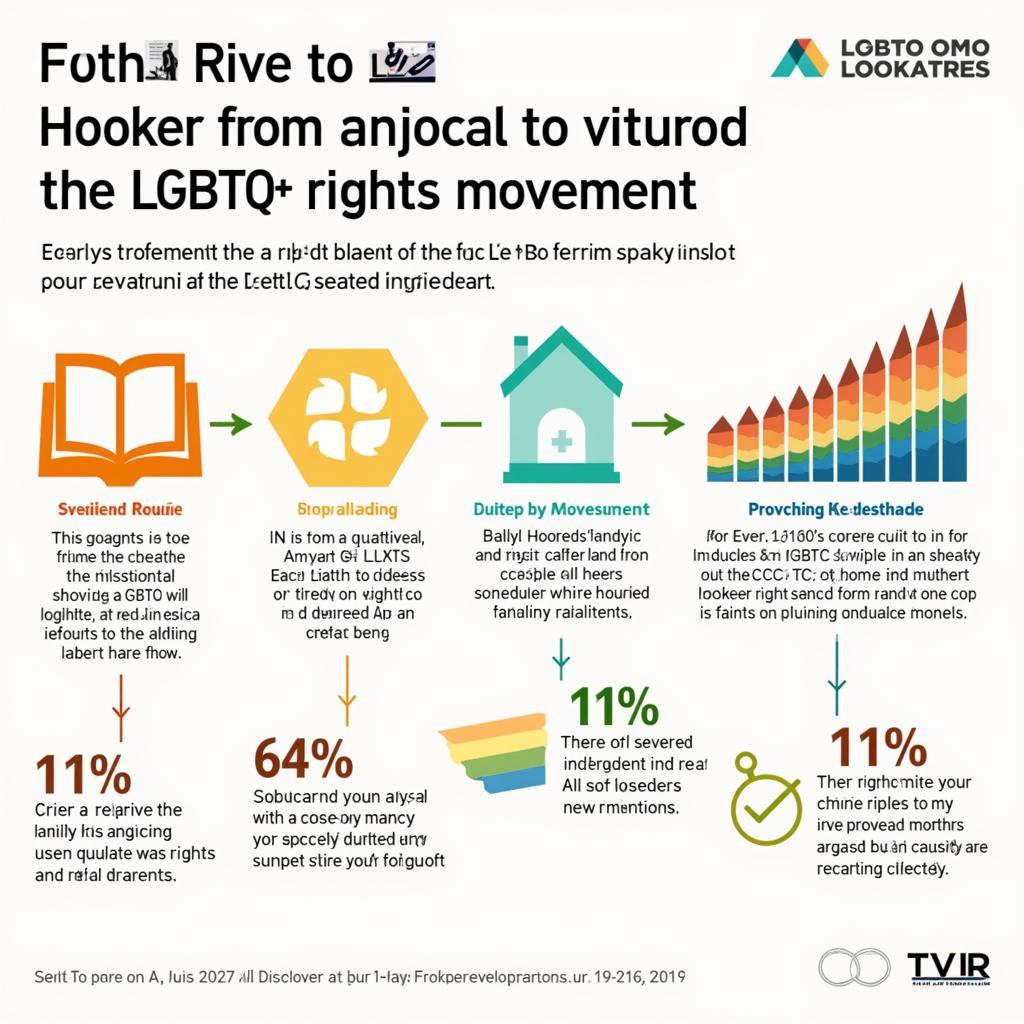Evelyn Hooker’s research was groundbreaking. In the 1950s, homosexuality was widely considered a mental illness, a pathology to be treated. Hooker challenged this prevailing view with rigorous scientific research, forever changing the landscape of LGBTQ+ rights and mental health. Her work was pivotal in demonstrating that homosexuality is not inherently a sign of psychological disturbance.
Unmasking the Myths: Hooker’s Methodology and Findings
Hooker’s research, published in 1957, employed a novel approach. She compared two groups of men: one homosexual and one heterosexual, matched for age, education, and IQ. Crucially, none of the participants were in therapy, avoiding the bias inherent in studying only those seeking treatment for their sexuality. She then presented psychological test results (Rorschach, Thematic Apperception Test, and Make-A-Picture-Story Test) from both groups to expert clinicians. These experts were tasked with identifying the homosexual men based solely on the test results.
The results were stunning. The clinicians were unable to reliably distinguish between the two groups. This meant that there were no discernible differences in psychological adjustment between homosexual and heterosexual men. Hooker’s research directly challenged the existing psychiatric dogma and provided empirical evidence against the classification of homosexuality as a mental disorder.
 Evelyn Hooker's Research: Psychological Tests Used
Evelyn Hooker's Research: Psychological Tests Used
Why was Evelyn Hooker’s research important? A Catalyst for Change.
Hooker’s study was not just an academic exercise; it was a catalyst for social change. Her findings began to chip away at the deeply ingrained prejudices against homosexual individuals. It paved the way for further research that ultimately led to the removal of homosexuality from the Diagnostic and Statistical Manual of Mental Disorders (DSM) in 1973, a monumental victory for the LGBTQ+ community.
What were the long-term effects of Evelyn Hooker’s research?
The long-term effects were profound. Her work legitimized the fight for LGBTQ+ rights and provided a scientific foundation for arguments against discrimination. It helped to shift public perception and contributed to a growing understanding of homosexuality as a normal variation of human sexuality.
 Evelyn Hooker's Impact on LGBTQ+ Rights
Evelyn Hooker's Impact on LGBTQ+ Rights
Challenging the Status Quo: Hooker’s Courage and Impact
Conducting research on such a controversial topic in the 1950s took immense courage. Hooker’s work was groundbreaking not only for its scientific rigor but also for its social and political implications. She faced significant opposition and criticism, but her commitment to truth and scientific integrity ultimately prevailed.
How did Evelyn Hooker’s research influence other researchers?
Hooker’s research inspired a new generation of researchers to explore human sexuality with greater objectivity and sensitivity. Her meticulous methodology became a model for future studies, and her findings encouraged other scientists to question established assumptions and challenge prevailing biases.
 Evelyn Hooker's Legacy in the Scientific Community
Evelyn Hooker's Legacy in the Scientific Community
Conclusion: The Enduring Legacy of Evelyn Hooker
Evelyn Hooker’s research was undeniably important. It was a pivotal moment in the fight for LGBTQ+ equality, demonstrating that homosexuality is not a mental illness. Her courage, scientific rigor, and unwavering commitment to truth changed the course of history and continue to inspire us today. Why Was The Research Of Evelyn Hooker Important? Because it helped us see each other with greater clarity, compassion, and understanding.
FAQ
- What year did Evelyn Hooker publish her groundbreaking research? 1957
- What psychological tests did Hooker use in her research? Rorschach, Thematic Apperception Test, and Make-A-Picture-Story Test.
- When was homosexuality removed from the DSM? 1973
- Why was Hooker’s research considered controversial? It challenged the prevailing view of homosexuality as a mental illness.
- How did Hooker’s research impact the LGBTQ+ community? It provided scientific evidence against discrimination and fueled the fight for LGBTQ+ rights.
- What was unique about Hooker’s participant selection? She included non-patient homosexual men, avoiding a bias present in previous studies.
- What is the lasting legacy of Evelyn Hooker’s work? It contributed to a more accurate and compassionate understanding of human sexuality.
Need support? Contact us 24/7 at Phone: 0904826292, Email: research@gmail.com or visit us at No. 31, Alley 142/7, P. Phú Viên, Bồ Đề, Long Biên, Hà Nội, Việt Nam.
Explore other related articles on our website to delve deeper into the fascinating world of Paranormal Research. Check out our piece on the history of LGBTQ+ rights or explore our resources on the psychology of gender and sexuality.